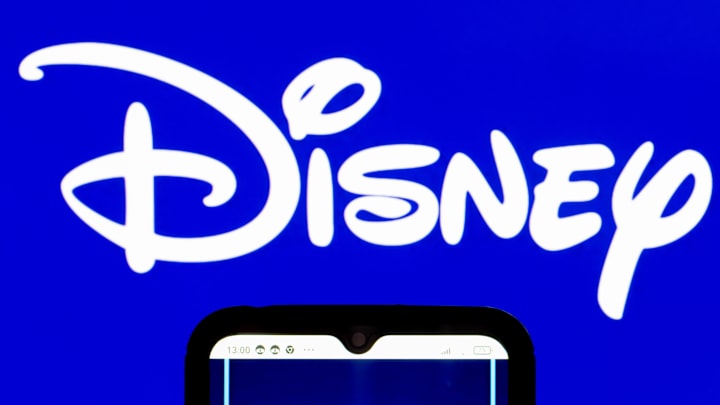As Labor Day passes, a lot of college football fans are excited to sit on the couch for hours and hours watching games every Saturday. For people whose TV provider is Spectrum, that excitement turned into anger over ESPN being blacked out on their TV screens.
Both companies have been referring their customers to other sites. ESPN has been trying to move the outraged fanbase to Hulu, while Spectrum is looking to move them to FuboTV.
According to John Ourand of the Sports Business Journal, Spectrum has been aiming to get out of the cable business due to cable-cutting and expensive rates that ESPN is looking for in order to air their product on Spectrum's airwaves. The cable provider has actually been encouraging their customers via a QR code (while keeping their internet/broadband with Spectrum) to switch their TV provider to a different company.
Cable businesses are usually only profitable when channels with live sports are offered. These channel packages are costly to license and are only beneficial for these companies when they spend a significant amount of money trying to license these products from the broadcast companies.
Spectrum, ESPN create a loss for college football fans: What's next for cable TV and CFB?
If ESPN, FOX, or any other direct-to-broadcast company can not find a way to fully replace the money that is made by licensing their product to Spectrum, then they will look to spend less money on TV rights for live sports.
If they are able to find profitable ways to reach the consumer through direct-to-the-consumer means such as ESPN+, then it would not cause them to change their spending but rather the platform by which live sports are delivered to fans and consumers.
The conferences have seen an influx of money in the last decade with the massive TV rights deals that have been signed. However, traditional cable companies such as NBC or FOX are not looking to expand in the sports business due to the cost. Another factor, though, is that many tech companies, such as Amazon and Apple, are looking to set up or increase their presence in live sports presentations.
For now, though, college football fans watching on Spectrum won't be able to, well, watch any of the offerings on ESPN. That's a tough beat and could drive many customers to find a new service sooner rather than later.
